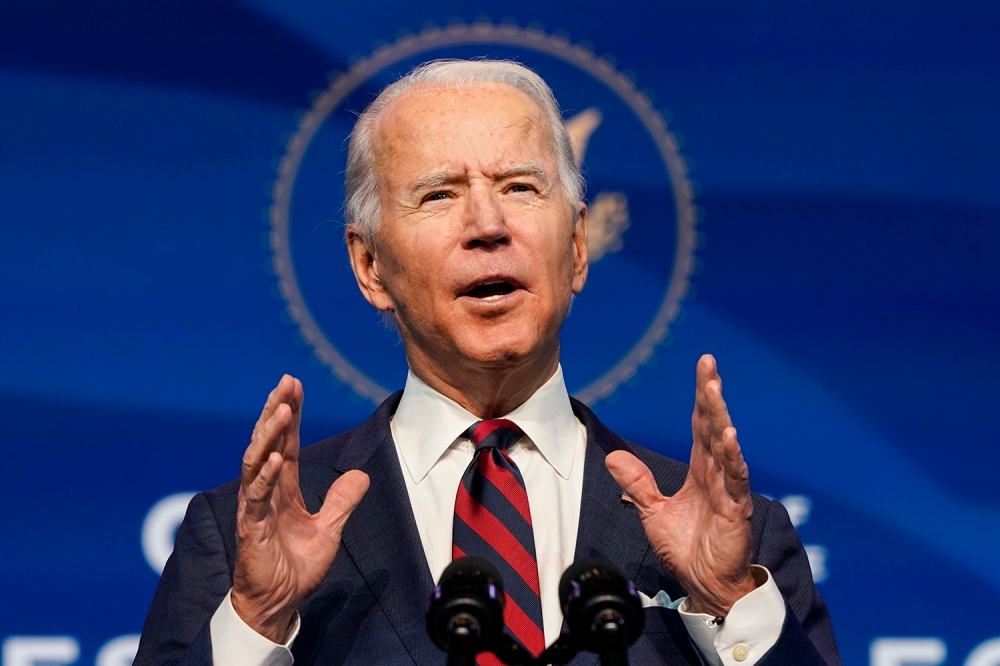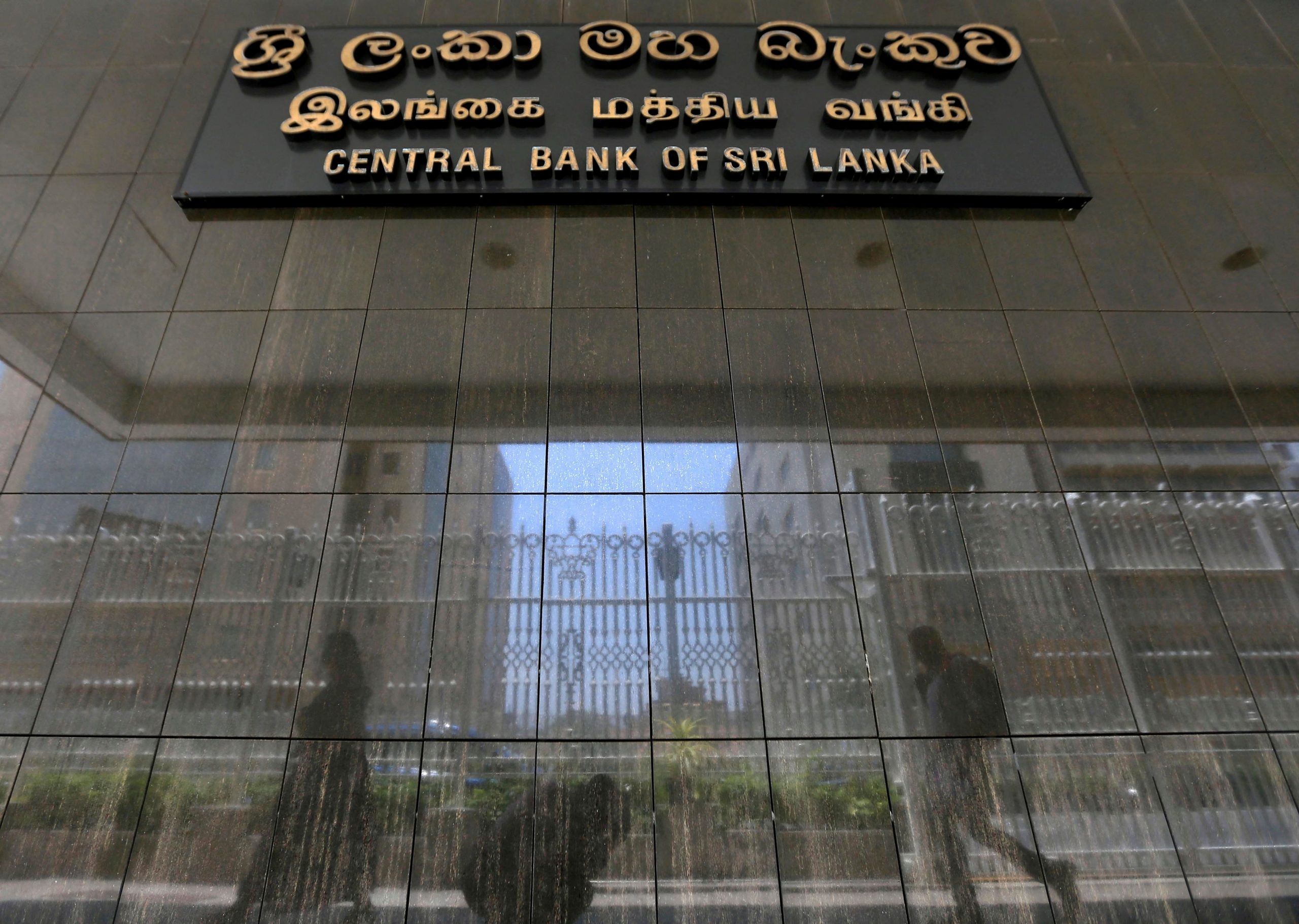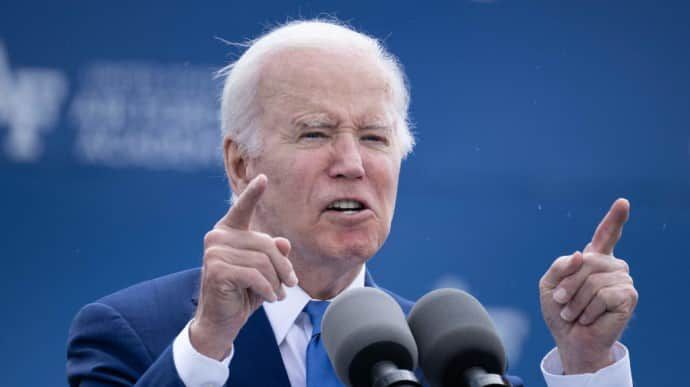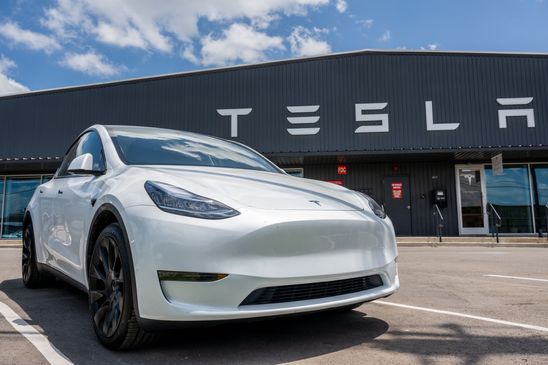In the backdrop of a looming U.S. debt ceiling crisis and efforts to counter China’s increasing regional influence, U.S. President Joe Biden participated in a series of key meetings on the margins of the G7 Summit in Japan. This was in stark contrast to the more public appearances expected of a President at such global events.
Juggling the twin concerns of international diplomacy and domestic budgetary conundrums, Biden spent his third day in Japan participating in the annual meeting of the world’s most powerful democracies, primarily focusing on rallying regional cooperation against China.
The President’s day began with a briefing from his staff about the latest developments in the deadlock in Washington concerning the federal debt limit. An impasse that, if unresolved, could shake the global economy and inadvertently strengthen Beijing’s global standing.
Biden also engaged in crucial sideline discussions aimed at addressing China’s increasingly aggressive expansion across the Indo-Pacific region. The so-called Quad partnership comprising the U.S., Australia, Japan, and India emerged as a key player in these conversations.

Originally slated for a meet in Sydney the following week, the Quad members rescheduled their meeting to coincide with the G7 Summit, enabling Biden to return to Washington earlier than planned. The reshuffle in the itinerary underlined Biden’s predicament of being caught between demonstrating America’s global leadership and addressing domestic crises.
As the President navigates this tightrope, his low public visibility during the Summit has drawn attention. He has notably avoided large public pronouncements and even exited early from the leader’s dinner on Friday. Biden’s focus instead has been on monitoring the debt limit negotiations from a room next to his hotel suite, kept informed of the developments by his aides back in Washington.
While acknowledging global leaders’ queries about the domestic stalemate, National Security Adviser Jake Sullivan and Press Secretary Karine Jean-Pierre downplayed any sense of urgency. The latter reassuringly claimed the situation to be far from a ‘hair-on-fire’ crisis.
In a display of diplomatic balancing, Biden met with Australian Prime Minister Anthony Albanese on the summit sidelines, compensating for the scrapped trip to Australia due to the pressing issues at home. This meeting, however, was not merely symbolic; the leaders signed an agreement to strengthen their partnership in developing clean energy technologies, a strategic move to reduce reliance on China. They also highlighted new areas of cooperation in space, trade, and defense.
Simultaneously, Secretary of State Antony Blinken was dispatched to Papua New Guinea to represent the U.S. at a summit of Pacific Island nations, another presidential stop cancelled to hasten Biden’s return to Washington. This U.S. commitment underscores the rising significance of the Pacific Island nations amidst the competition between the U.S. and China for global influence.
In Hiroshima, the G7 leaders collectively acknowledged the risk embedded in high levels of trade with China. They proposed a shared framework to enhance their economic resilience, suggesting a strategic shift from global decoupling from China to mitigating risks associated with the Asian superpower.
As President Biden simultaneously addresses a domestic financial crisis and the challenges posed by China’s growing influence, his adept navigation through these tricky waters will indeed be closely watched, both at home and abroad.
©traders-news.online










